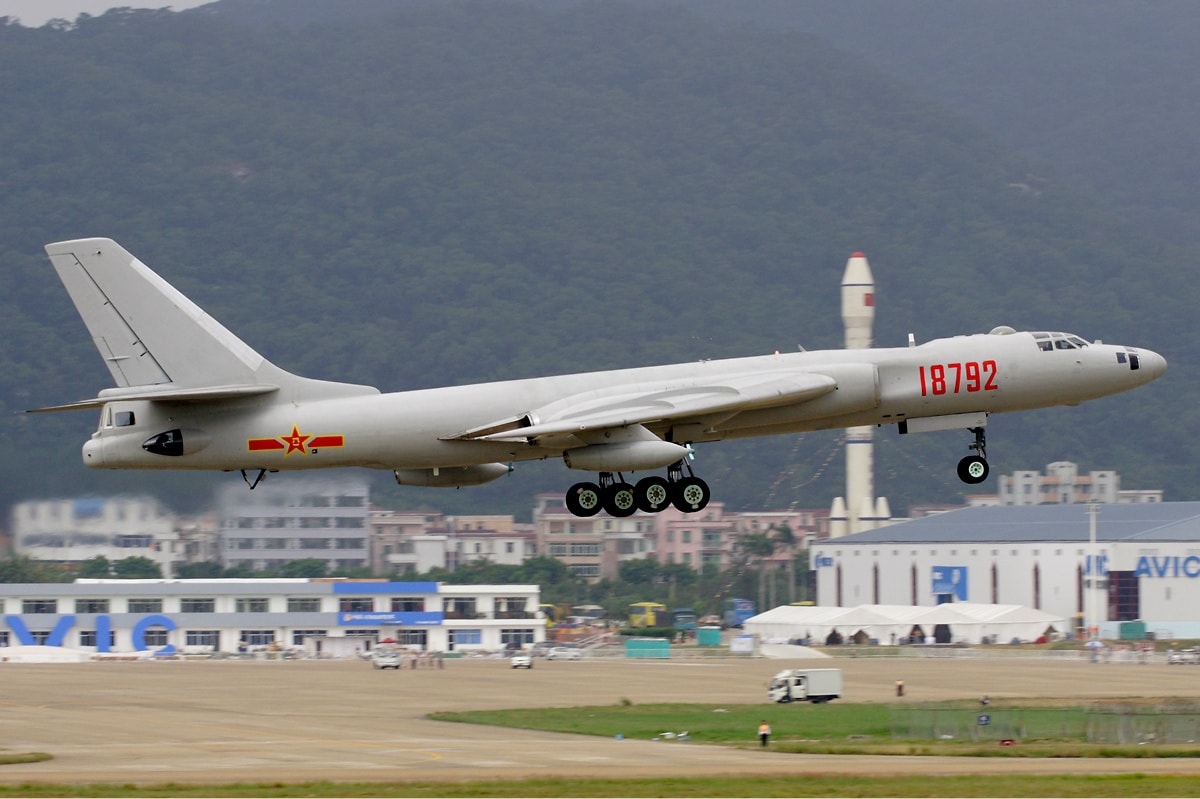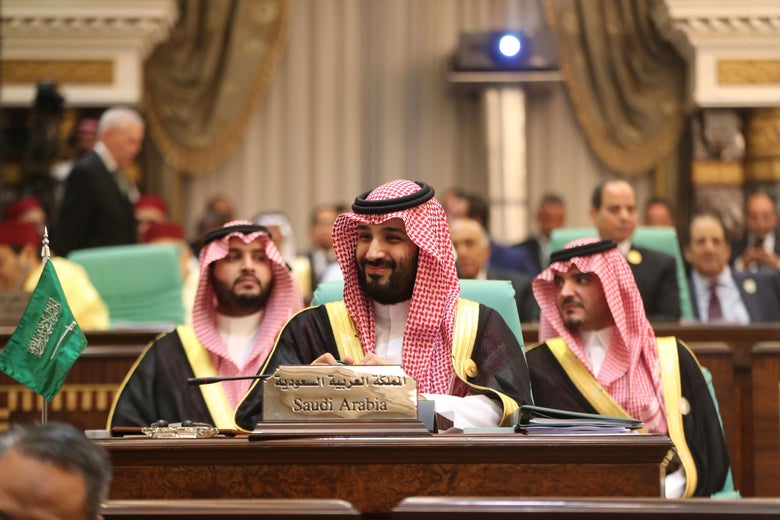Maj Gen PK Mallick, VSM (Retd)
Since China first conducted a nuclear weapon test in 1964, its nuclear doctrine has remained unchanged and is underpinned by two principles: a minimum deterrent doctrine and a No First Use (NFU) policy. China’s 2019 defence white paper states, “China is always committed to a nuclear policy of NFU of nuclear weapons at any time and under any circumstances, and not using or threatening to use nuclear weapons against non-nuclear-weapon states or nuclear-weapon-free zones unconditionally.”
However, a recent U.S. Department of Defence (DoD) report claims that the scope of China’s nuclear modernisation and its lack of transparency “raise concern that China is not only shifting its requirements for what constitutes a minimal deterrence but that it could shift away from its longstanding minimalist force posture.” The data available show that China is modernising and expanding virtually every element of its nuclear forces, including each aspect of its nuclear weapons and missile, sea, and air delivery systems. What is not clear are China’s current and planned holdings of nuclear weapons, China’s future plans for deploying additional delivery systems, its commitment to some form of NFU, first preemption, or launch on warning, and the extent to which it will accept what might be called a form of ‘minimum assured destruction.





















